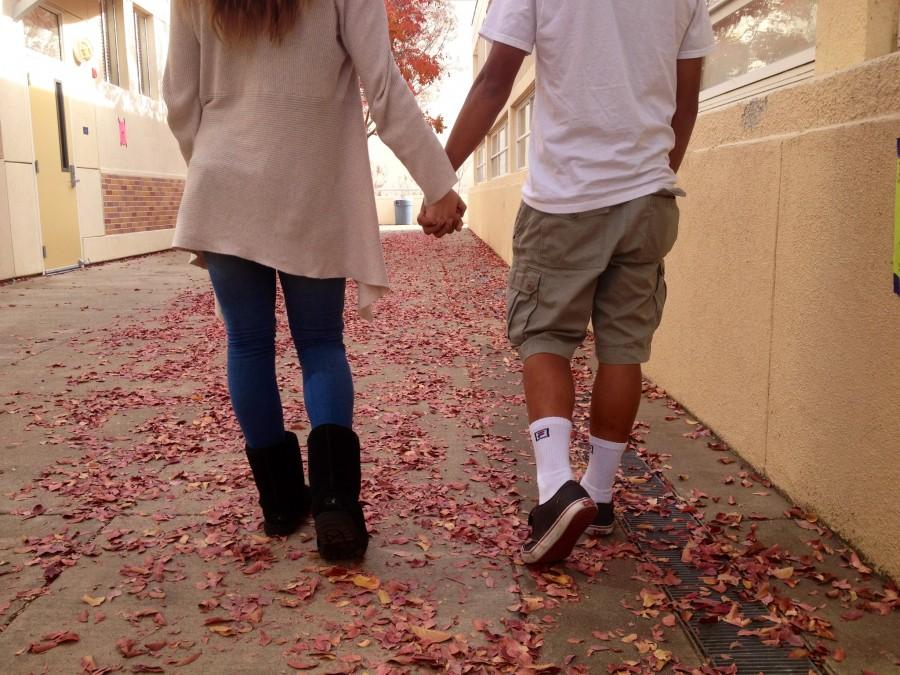We can all recall the tragic story of Romeo and Juliet: two teenagers met, fell madly in love, got married, and within four days killed themselves because they could not live without each other.
Teenagers seem to remember how Romeo and Juliet were so “in love” with each other. This, along with many other stories about being in love, has led to many teenagers viewing relationships as something that need to be serious and hopelessly romantic.
Students go through relationships and break-ups multiple times during their four years of high school. Some relationships last a few days, while some last a few years.
One may wonder: Can teenagers truly love someone at this age?
In a recent poll, about 80 percent of students at Carlmont said they believe in teenage love, and about 44 percent said they have been “in love” with someone before.
“I [can say] that I’ve loved people, but I can’t say that I’ve been in love with anybody,” said junior Savannah Grech.
The wavering outcome leads to the same questions: is high school love even possible? Are teenagers in love with the idea of being in love?
“Yes, [teenage love] is real,” said Nancy Kalish, a professor of psychology at California State University, Sacramento, and the author of “Lost & Found Lovers.” “Some people are in love with the romantic idea of being ‘in love.’ And that’s not love. But that doesn’t mean teens are not capable of love.”
Kalish explained how being in love is “not a psychological construct,” and that it’s more of a “Hollywood manufactured idea.” After collecting various data for her book, Kalish had come to the conclusion that being “in love” isn’t love.
“It’s infatuation,” said Kalish, “And it ends. Then [a person] may think the relationship is not good anymore, but [in the long run] relationships need the time to evolve into a deeper companionship.”
One theory Kalish has considered about why teenagers don’t believe in teenage love is that some adults see teenagers as “self-centered” and say the “aspect of love” is something “[teenagers] can’t do.”
Teenagers hear countless myths about high school relationships, such as how it is “puppy love” that only lasts for a certain amount of time. Many teenagers question if being “in love” is even a possibility at this age.
“I think that it’s easy for teenagers to overthink and take their relationships too seriously,” said sophomore Jason McGee.
“[Teenagers] definitely experience attraction, sexual and otherwise. This is what people mean when they use the term ‘in love.’ But love is not what is inside the person who feels something when another person is with them— it’s about the other person, whom they love,” said Kalish.
Studies show there is another aspect of love besides attachment. Psychologists have learned that love begins when a human is born.
“We know that babies attach to their primary caregiver. They learn to love,” said Kalish. “If a child under six months can love, why can’t a teen?”
Regardless of being in or out of love, loving your significant other or loving a family member, there is always a common ground of truly caring for the ones that never leave— true friends and family.


